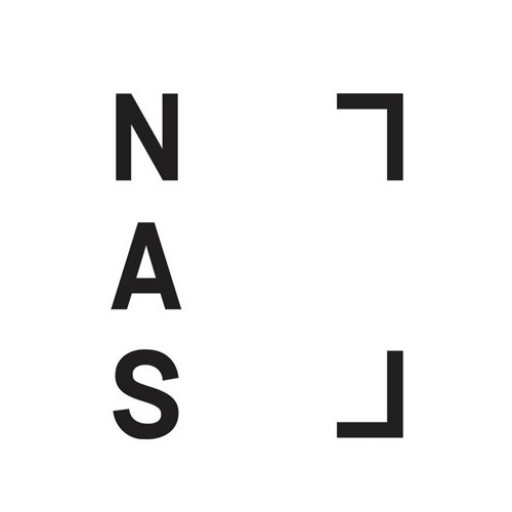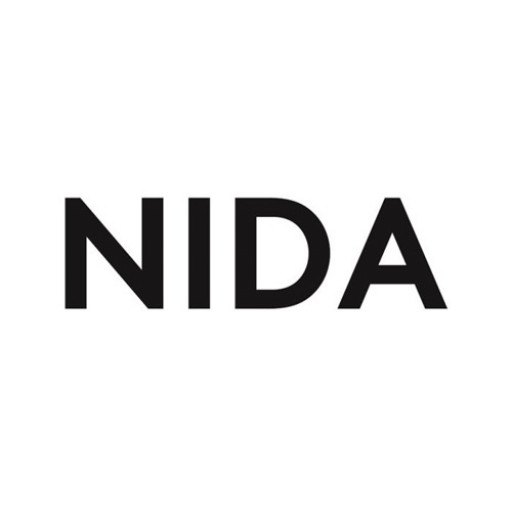Photos of university / #rmituniversity
The Doctor of Philosophy (Research) in Fine Art at the Royal Melbourne Institute of Technology (RMIT) is a comprehensive and rigorous program designed for experienced artists and researchers seeking to deepen their understanding and practice of contemporary fine art. This research degree offers students the opportunity to undertake independent, original investigation into various aspects of fine art, including painting, sculpture, installation, digital art, performance, and interdisciplinary practices. The program encourages innovative approaches, critical inquiry, and experimental methodologies, allowing students to contribute new knowledge and insights to the field of fine art. Throughout their candidature, students will work closely with experienced academic supervisors, gaining valuable mentorship and support to develop their research ideas into scholarly and artistic contributions of significance. The program emphasizes a combination of theoretical exploration and practical application, ensuring that graduates are equipped with advanced research skills, critical thinking abilities, and a professional portfolio that demonstrates their expertise. Additionally, students will engage with RMIT's vibrant arts community, participating in exhibitions, seminars, and conferences that foster collaboration and exchange of ideas. The Doctor of Philosophy (Research) in Fine Art aims to prepare students for careers in academia, arts practice, curation, and arts administration, positioning them as leaders and innovators in the creative industries. This degree program is suitable for individuals with a strong foundation in fine art who wish to pursue in-depth research and contribute intellectually and artistically to contemporary art discourse. Applicants are expected to demonstrate prior experience in art practice or research, and the program spans typically three to four years of full-time study, with flexible options for part-time enrolment. Graduates of this program will possess advanced analytical skills, a comprehensive understanding of contemporary art practices, and a substantial body of scholarly or artistic work that advances the discipline of fine art.
The Master of Fine Art (Research) program at the Royal Melbourne Institute of Technology (RMIT) offers an immersive and comprehensive pathway for emerging artists and researchers to develop their practice, contribute to contemporary art discourse, and expand their professional portfolios. This program is designed for individuals who seek to engage in rigorous research, critical analysis, and creative experimentation across a wide range of artistic disciplines. Throughout the course, students will have the opportunity to work closely with leading faculty members and industry professionals, benefitting from RMIT’s vibrant artistic community and state-of-the-art facilities. The program emphasizes independent research, enabling students to explore innovative ideas, techniques, and concepts that challenge conventional boundaries of art practice. Students are encouraged to pursue interdisciplinary projects that intersect with social, cultural, and technological issues, fostering a dynamic environment for artistic exploration and scholarship. The curriculum combines theoretical frameworks with practical studio work, public presentations, exhibitions, and written research components, culminating in a substantial thesis that showcases the student’s original contribution to the field. Enrolled students will also participate in seminars, workshops, and collaborative projects, enhancing their critical thinking, analytical skills, and professional networks. The program's flexible structure allows students to tailor their research focus, ranging from traditional visual arts to digital media, installation, performance, and new media art. Graduates of the Master of Fine Art (Research) are well-equipped to pursue careers in academia, curatorial roles, arts administration, or to continue further research at the doctoral level. This program embodies RMIT’s commitment to fostering innovative art practices and critical inquiry, preparing students to be influential contributors to the global arts community.
- A 4 year bachelor degree with a minimum of a credit average in the last undergraduate year
- or another recognised award deemed to be equivalent in character and standard to a 4 year undergraduate degree, with a minimum of a credit average in the final undergraduate degree.
The financing studies for the Fine Art (Research) program at the Royal Melbourne Institute of Technology (RMIT) typically include a combination of Australian government support, university-funded scholarships, and potential external funding options. International students may be eligible for specific scholarships, travel grants, or research funding based on their academic achievement and research proposal. Domestic students often have access to Research Training Program (RTP) scholarships provided by the Australian Government, which cover tuition fees and provide a living stipend. RMIT University also offers a range of bursaries, research grants, and awards aimed at supporting postgraduate research students in the Fine Art discipline.
Students are encouraged to explore external funding bodies such as the Australia Council for the Arts, which offers grants and residencies aligned with arts research. Additionally, some students secure funding through partnerships with arts organizations, galleries, or cultural institutions involved in their research projects. The university provides guidance and resources to assist students in applying for financial aid, including workshops and dedicated support services.
Part-time work opportunities are available on campus, allowing students to supplement their income while completing their research studies. These are often flexible and designed to accommodate the needs of postgraduate researchers. Furthermore, students may apply for research assistant positions within RMIT, which provide additional financial support and valuable professional experience. It should be noted that the costs of materials, studio space, travel for research, and conference attendance are generally borne by the students themselves, supported by their personal savings, scholarships, or external funding sources. Overall, prospective Fine Art (Research) students are encouraged to actively seek and apply for a variety of funding sources to support their academic journey and research activities at RMIT.
The Doctor of Philosophy (Research) in Fine Art at RMIT University is a prestigious research-oriented program designed for artists, researchers, and scholars who wish to develop their practice and contribute to the academic and creative fields through original research. This program allows candidates to explore a wide range of artistic practices, including painting, sculpture, installation, digital media, performance, and interdisciplinary approaches. It provides a unique opportunity for students to work closely with experienced academic staff and industry professionals, leveraging RMIT’s strong connections within the cultural and arts sectors. The program emphasizes independent research, critical analysis, and innovative practice, encouraging candidates to push the boundaries of contemporary art and theory. Students are required to produce a substantial thesis or body of creative work that demonstrates new knowledge or understanding in their chosen field. The duration of the program typically spans three to four years for full-time study, with flexible options available for part-time candidates. Facilities include access to dedicated studio spaces, laboratories, and workshops equipped with cutting-edge tools and technology. The program also offers opportunities for exhibitions, conference presentations, and collaborations with arts organizations, enhancing professional development and visibility within the arts community. Graduates of the Fine Art (Research) PhD program often pursue careers in academia, creative industries, curatorial practice, arts administration, or further research in their specialization. The program is grounded in RMIT’s commitment to innovative practice-led research, fostering an environment where theory and practice are integrated to produce impactful artistic and scholarly outcomes. Applicants typically require a Master of Fine Arts (or equivalent) and a strong portfolio demonstrating their research capacity and artistic achievements. The university provides comprehensive support services, including research training, academic mentoring, and access to a vibrant arts community. Overall, the Doctor of Philosophy (Research) in Fine Art at RMIT invites motivated individuals to engage deeply with their artistic practice and develop original contributions to the field of contemporary art.


